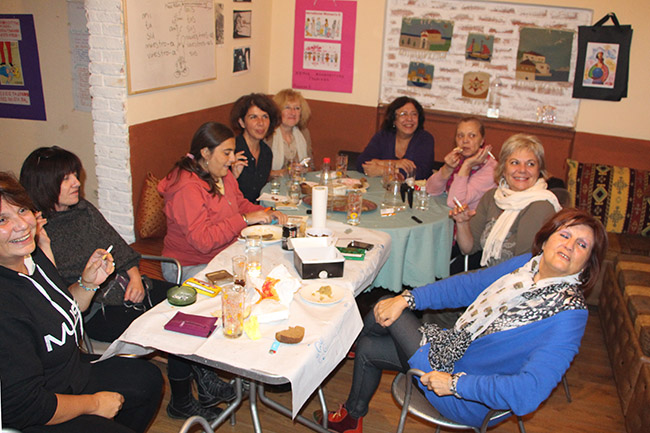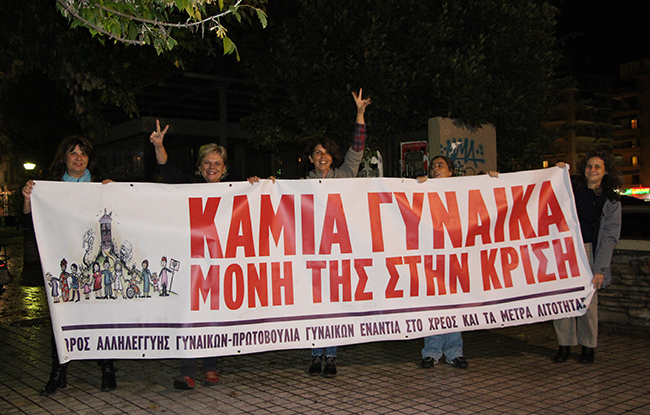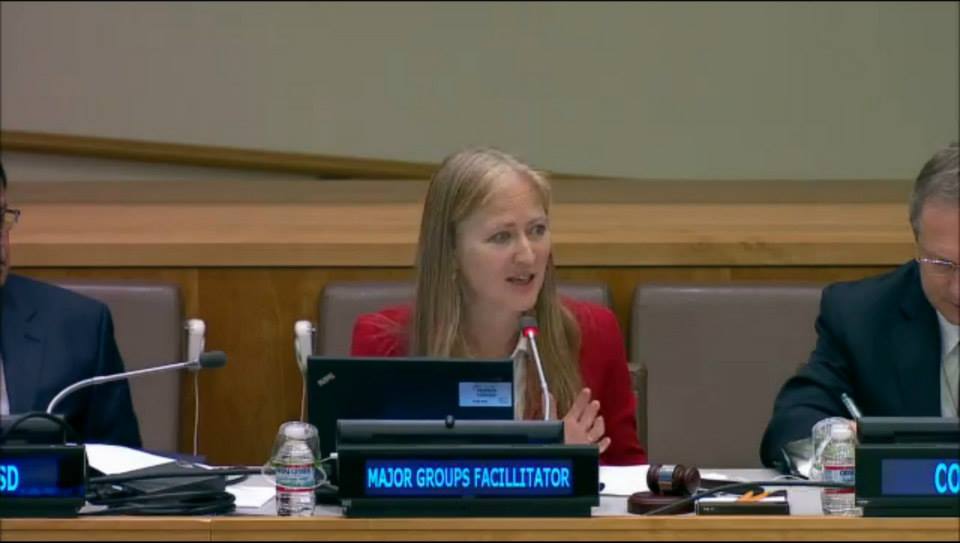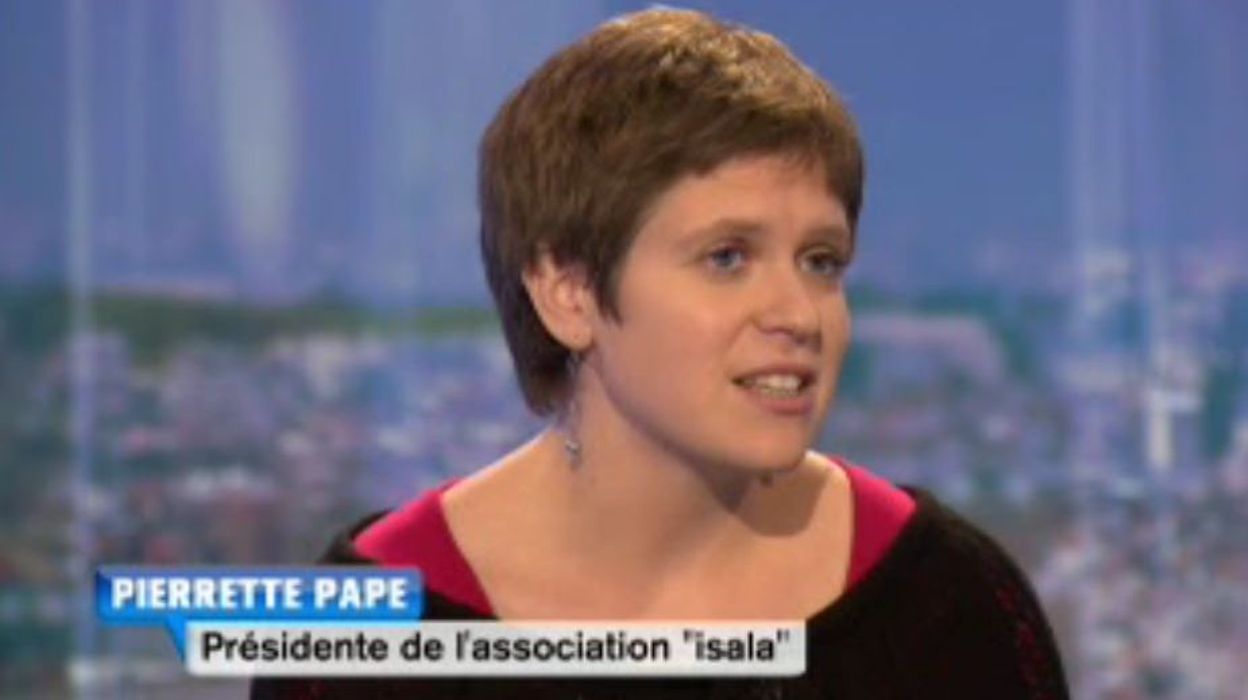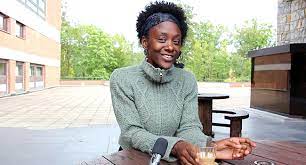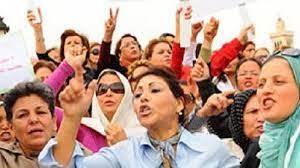
In 2011, women were in the forefront of the democratic movements in Mediterranean countries. Those movements of liberation didn’t fulfill the promises for women’s emancipation. In countries such as Libya, Syria, Egypt, and Algeria, the response of authoritarian patriarchal powers has been brutal. Women have paid a heavy price during these uprisings facing now a counterblast that sends them back to basic fights for gender equality. Nevertheless, they gained determination. In 2008, women activists founded the Mediterranean Women’s Fund (MedWF) to support and strengthen women’s organizations around the Mediterranean region. The MedWF has become an important articulation to shore up women’s movements in the regions.
The MedWF has adapted its action to the new needs of Mediterranean women’s organizations. Relying on networking and collective intelligence training for activists, the MedWF has worked on developing strategies to respond to the continuous attacks on women’s rights. In its efforts to provide a comprehensive support to these organizations the fund has organized meetings to gather women activists in six countries, Egypt, Tunisia, Algeria, Croatia, Libya, and, last summer, France.
Amina, an Algerian activist with the Collectif Féministe d’Alger (the feminist association of Algiers) an organization that campaigns to stop violence against women, presented the situation in Algeria. She described the everyday struggle of Algerian women for recognition, organizing to gain emancipation and sexual and reproductive rights. A code of silence has been muffling women’s voices for women’s rights. Women demand to be heard and respected as full citizen with equal legal rights.
Brigitte Marti
In collaboration with MedWF and 50 50 magazine
(Photo and Image Credit: Web/Arts/Resistance )

